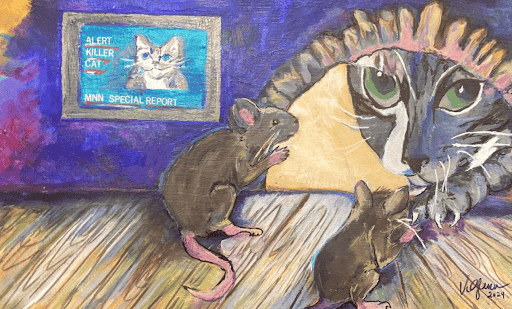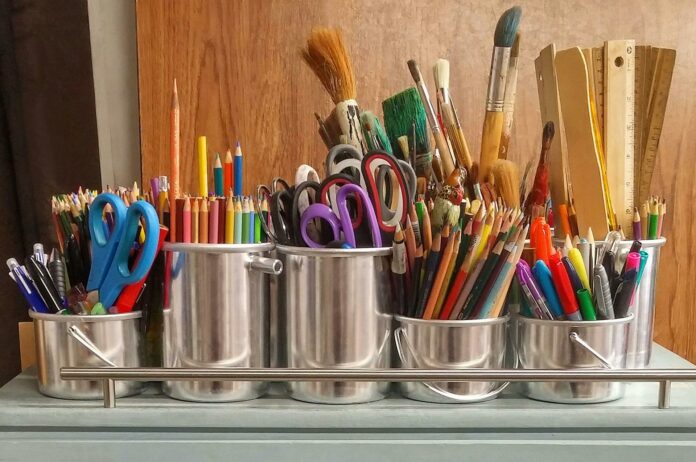PHSC Spring Hill Campus hosted “Our Artistic Odyssey,” the bi-annual student art show, in the Rao Musunuru M.D. Conference Center November 14 from noon to seven in the evening. Outside the building, “Art Show,” with an arrow pointing to the door, was written in large letters of different colored pastel chalk, directing visitors to an inviting lobby boasting two tables full of finger foods and drinks. Student artists mingled with visitors and family members from the community, with art instructor Julie Lovero-Fox proudly presiding over the event.
Lovero-Fox has taught art at PHSC for nineteen years, and at the east, west, and north campuses. She organizes a spring and a fall show each year to give her students a chance to showcase their work. “Our Artistic Odyssey” is the fruit of the summer semester combined with this fall’s student pieces from Drawing I and II and Painting I and II. Most shows only contain about seventy pieces- this one hosts a whopping one hundred twenty.
Each of Lovero-Fox’s drawing and painting classes is capped at 20 students to ensure each receives individual attention and guidance with their creations. Assignments are given to teach and grow technical skills in drawing and painting, but unlike other art programs, the subject of each piece is the student’s choice. She explains, “I encourage each student to find their voice.” Upon entering the conference room where the show is set up, it is clear that each student has.
Row upon row of tables draped in black cloth held students’ labors of love. Easels at the end of the rows and the sides of the room displayed large canvases and paintings on heavy paper. Mounted television screens on the walls featured a revolving presentation containing student photos with samples of their art and an explanation of each piece entered in the show.
The different types of media used and the different themes of art were stunning. Tattoo art, renditions of Star Wars characters, and paintings reminiscent of Caravaggio or inspired by Greek mythology were represented. Pieces were composed with pastels, acrylic, gouache, charcoal, graphite, digital drawing programs, and mixed media. For some students, their art is a way to explore their emotions or stages and events in life. For others, personal growth through gaining technical skill is very satisfying.
Student artist Virginia Glenn employed both acrylic and sand to create her engaging Nautical Series. “Hurricane” draws viewers into a scene of a woman underwater with her eyes closed, encircled by her hair and swirling sand. Glenn wrote, “Life has its storms. Many times, the battles within can be as bad as the external. We grow and survive when we learn to let go and hold onto a belief and vision that things will get better. None of us are immune to storms. The events of the past few weeks are a humbling reminder that things can change in an instant…”. Her acrylic painting “Mouseville’s Most Wanted” is part of another series for a book she is writing. She “just [had] a little fun with colors, textures, and lighting while trying to convey the emotion of fear.”
Natavia Doster created two vibrant series in which she developed her technical skills. Regarding “Red Eyed Treefrog” of the frog series, she says, “…This gouache painting was my test to see my improvements with wet media compared to opaque media like acrylics. In my journey through Painting I & II classes, I say that I have done very well compared to my first attempts at painting long ago…”. For her cat series in acrylic, she learned how to “show [color] values from dark to light,” and how to create stripes on a tabby and fur that looks fluffy, which she “believe[s] might be the best skill I have learned this term due to the fact that I can now do so many things I wasn’t able to do like paint fluffy looking clouds.”
Jennifer Munsey contributed with dramatic works in graphite and charcoal and acrylic, even experimenting with using a pallet knife to create “Three Sisters.” Her piece in charcoal and graphite, “The Death of a Woman,” invites viewers to use their imaginations to interpret it. “I wanted this still life to incorporate gothic and romantic undertones. I love the ambiguity of the piece because it allows you to create the story. What is in those books? And what was in the chalice? Whose necklace is that? Time is up from the shattering smoke of the blown-out candle and the closing curtain behind. How do you fit into this piece?” In “The Green Man,” she tried her “hand at impressionistic symbolism of emotion,” portraying her subject’s “confusion, anxiety, and sadness” with an aura of green over his head on a black background.
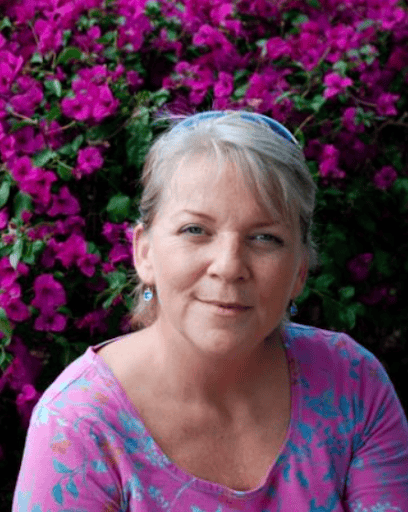
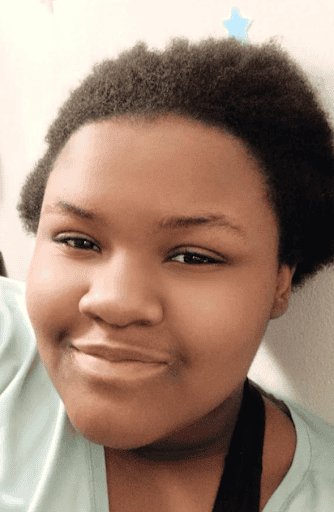
![“Sphinx Cat,” by Pasco-Hernando State College art student Natavia Doster [Courtesy photo].](https://www.hernandosun.com/wp-content/uploads/2024/12/sphinx.png)
![“Blue Cat” by Pasco-Hernando State College art student Natavia Doster [Courtesy photo].](https://www.hernandosun.com/wp-content/uploads/2024/12/bluecat-1.png)
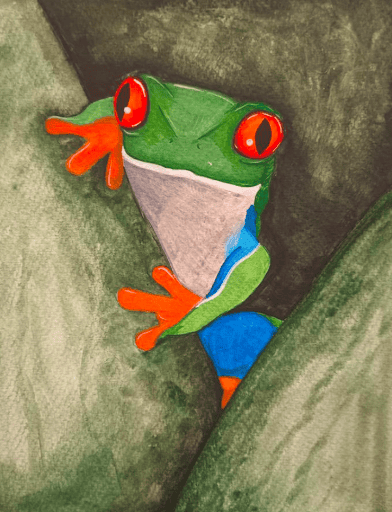
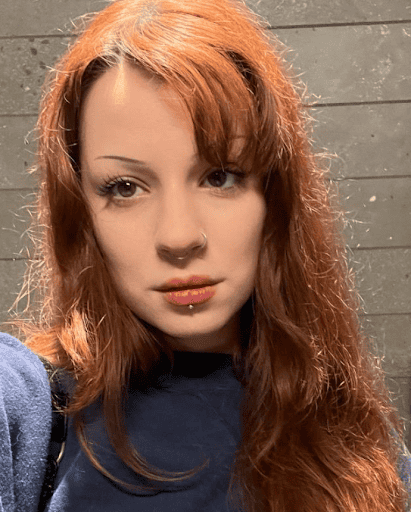
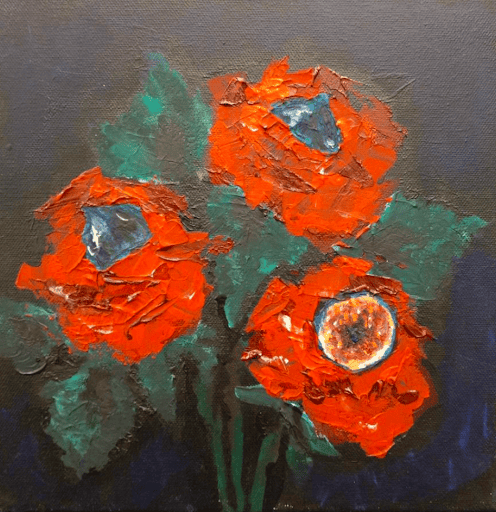
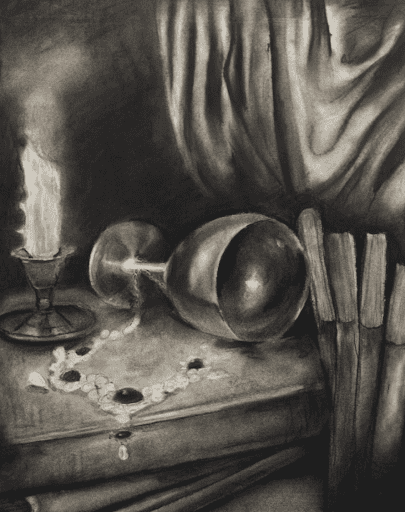
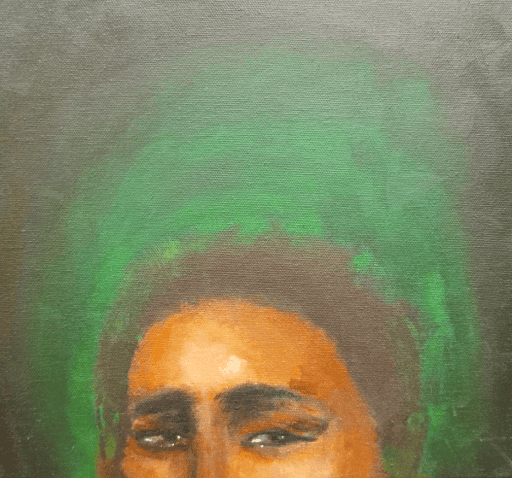
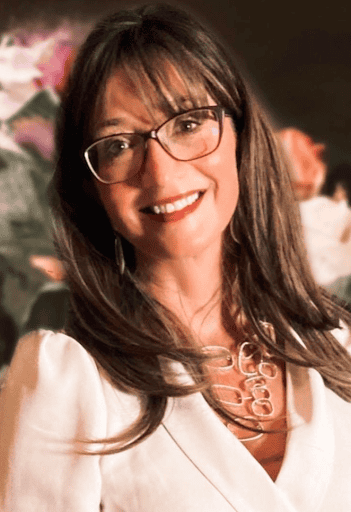
![“Dive” by Pasco-Hernando State College art student Virginia Glenn. [Courtesy photo]](https://www.hernandosun.com/wp-content/uploads/2024/12/dive.png)

